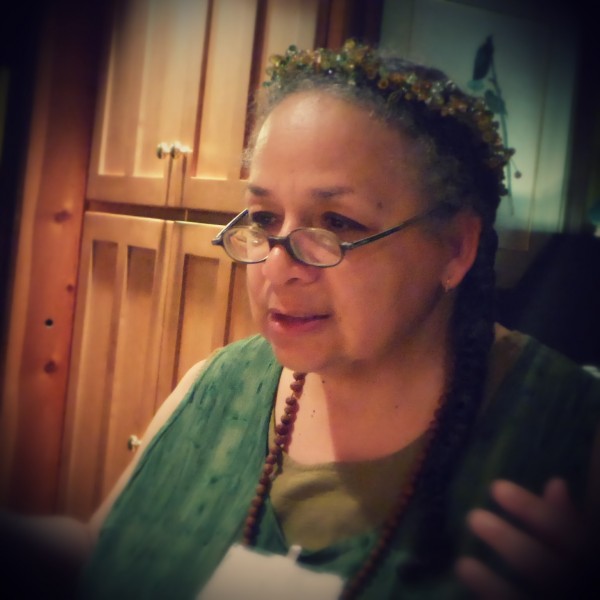
Yesterday a bit of news I’ve been sitting on excitedly finally went public. Aqueduct Press is going to start publishing a Year’s Best volume titled The Year’s Illustrious Feminist Science Fiction and Fantasy! Nisi Shawl will edit, and I’m among a handful of fabulous volunteers who will help her by reading everything I can and suggesting stories for Nisi to consider. It’s like slush reading except I’m slushing through published stuff.
This dovetails nicely with my gig at io9 (new post up today!) since I’m already reading all the short fiction I can get my hands on. Any story I like that I also consider feminist will go on the recommended list.
If you have a story you think is feminist that was (or will be) published in 2014 and you want it considered for this year’s best, you can submit it for consideration using this form.
Before you ask me to define a feminist story, know that this is an ongoing discussion amongst the folks working on this project. Likely there will be a definition or idea included in the call for submissions, coming out in a little bit. For now I say: if you think your story is feminist, fill out the form.
I’m so excited that Nisi is editing this volume as I don’t think there are enough female Year’s Best editors, especially for science fiction. You find prominent women amongst the horror and fantasy editors, but guys dominate volumes that include SF. And while many of those guys are good editors, this situation just feeds into the idea that science fiction isn’t for women. You know how I feel about that stupid idea.
Nisi may also be the only POC editor of a current English language Year’s Best–please do correct me if I’m wrong. The fact that I can’t think of any says volumes. The Year’s Bests have been edited by mostly male (all likely cis), maybe all-white editors for years and years. Giving a black woman the editing gig for a new one is a great first step.
It’s shouldn’t be the last step, though.
I’d be really interested to see what would happen if Dozois or Horton decided to turn over or share editing duties for a year or two to someone like An Owomoyela or Andrea Hairston or Amal El-Mohtar or Nalo Hopkinson or Saladin Ahmed? How different in sensibility would those volumes look?
Some of the story choices might be the same as there are always ones that stand out and get near universal praise. I imagine that there would also be many stories in the books that wouldn’t even have been considered by the traditional editors.
It doesn’t end at Year’s Best volumes–of the few outlets that review short stories professionally, how many of the reviewers are women or people of color?
So much of the conversation around which stories are best is dominated by white guys. But the genre is changing via both the writers of stories and readers of them. I’d like to see that change reflected in the editors and reviewers, too. As I said, Nisi Shawl editing this Year’s Best is a great first step. Let’s make sure it’s not the last.
